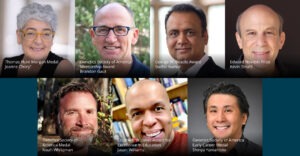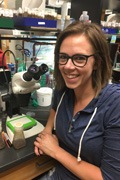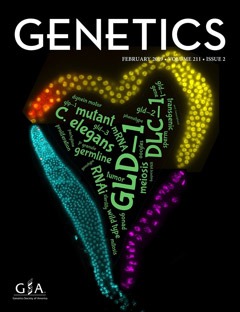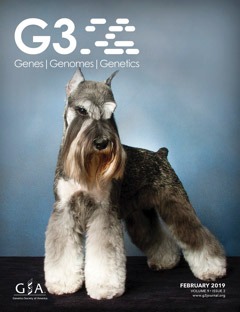GSA Award Seminars
Learn more about the 2025 awardees ≫

Upcoming seminars:
2025 Thomas Hunt Morgan Medal: Joanne Chory
November 18, 2:00–3:00 p.m. EST
Joanne Chory: A Character Witness for Plants
In this seminar, Jennifer Nemhauser will discuss the many ways that her mentor Joanne Chory made the case that plant genetics are worth more time, attention and investment. From the first phase of her career as a curiosity-driven explorer of photobiology through her transition to international advocate for plant-based solutions to climate change, Joanne made excellent use of genetics and genomics to ask plants “how do you do that?”. Today, Jennifer will share some of the most surprising and compelling answers that Joanne and her team received. Joanne was awarded the medal posthumously. Read more about Joanne’s legacy in Genes to Genomes.



